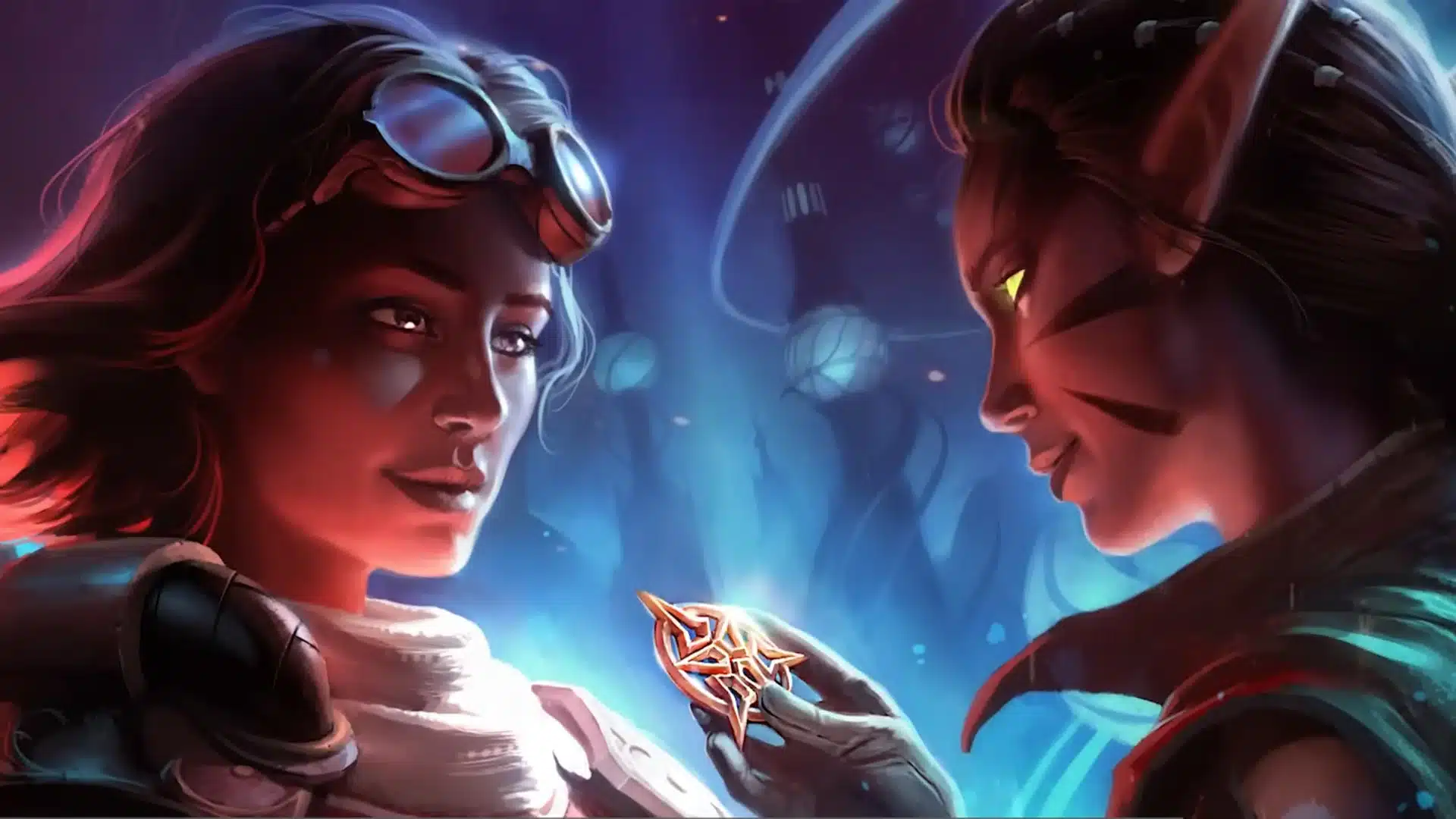To get good at Magic: The Gathering, you have to play Magic: The Gathering. A lot. Right? Well… yes… but if you’re ONLY playing Magic: The Gathering, you might be doing yourself a disservice.
Hear us out: we’re not just talking about expanding the amount of games you’re playing. Instead, we’re zeroing in on your approach to gameplay when you do hit the MTG table (whether in real life or online). You see, you can just play the game according to the rules and strategies that you’ve picked up along the way, or you can play it like you would a round of poker, or a game of online blackjack.
How? Well, that’s what we’re here to share with you. Keep reading to find out about those secret plays you need to add to your MTG arsenal… but only if you want to become a great player, not just a good one.
Reading the Game That Isn’t Being Played
Let’s start with an obvious one—or, rather, what’s hiding underneath it. When you make strategic choices in MTG, be that delaying spells or holding back lands, you’re not just managing your cards, but your perception too (yes, even online). The truly great players out there know how to use that to their advantage.
We’re talking about weaponizing perception. You’ve come up against these players before: they’ll hold a land just to suggest a counterspell, slow-roll a draw spell to disguise a weak hand. Developing this level of awareness doesn’t come overnight, but you can train it. Elite players don’t react to the board; they actively shape what their opponents think the board means.
The Science of Risk
Okay, so now we’re going to dive more specifically into a different type of card game and show you why applying this thinking to your time in MTG could dramatically improve your results.
When you’re at the table, how often are you actually calculating your odds mid-game? Not very often or not at all? There’s nothing wrong with that; plenty of gamers are led by how they feel during the game. The great ones, though… they think like blackjack players.
Blackjack is a different battlefield, sure, but the mindset needed to be great at this game has plenty of utility in Magic: The Gathering. In its digital format, blackjack (like online MTG) can be played all over the globe, from full-service platforms delivering online blackjack in Canada to instant blackjack mobile apps in the UK. It’s the easiest way to learn the ropes of the game, and try out different formats (which are especially relevant if you’re playing MTG: Arena).
So, what can “21” do for you? For starters, you’ll learn not to chase every win. Instead, the game teaches you how to manage probability, mitigate risk, and hedge your bets where it matters most.
Sounds like top-level Magic, right? When you prep for popular matchups instead of oversideboarding for worse, fringe ones, you’re making a micro-insurance play. Rather than surrendering completely to randomness, you’re taking command of it.
Tells and Bluffing—Not Just a Poker Strategy
If you thought blackjack was going to be the only card game to get a mention, think again. The final secret we have to share about transforming your Magic gameplay from good to great can be found in a poker deck.
Tells are often talked about like they’re poker-exclusive, but they crop up just as much in MTG as they do in a poker game. Using tells to your advantage in Magic isn’t so much about reading the faces of the players around you as it is about reading timing.
Think about when a control player suddenly starts looking at your graveyard. That’s not random, but subconscious communication. Maybe it’s bait; maybe it’s genuine concern. Either way, if you’re not paying attention and using that information, you’ll only ever be playing half a game.
Old hat poker pros have known this forever, which is why they tune into the cues that are masking or deflecting from weak cards and unplayable hands. Magic is no different; from the speed of your draw to the confidence of your “pass turn,” all these micro moments are broadcasting intent. Start noticing that, and you might just start winning more!

